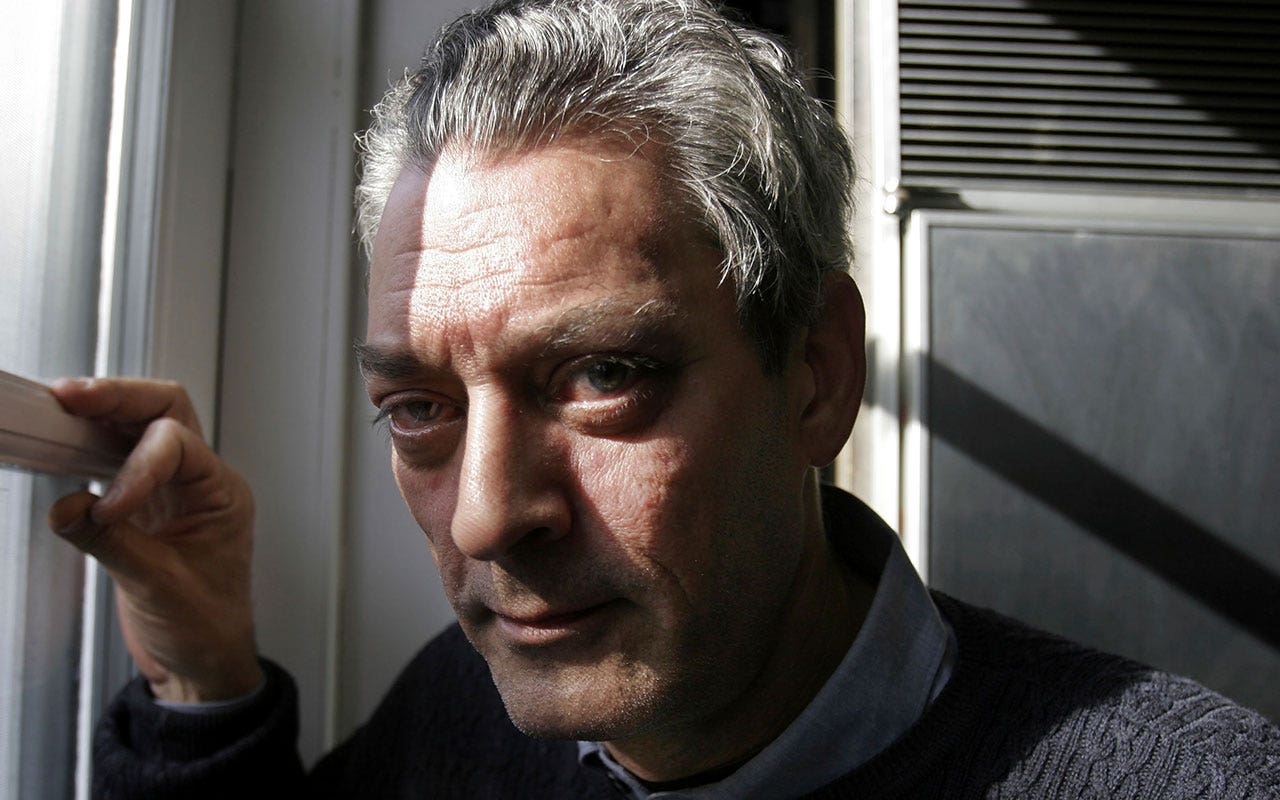The decision by Judge Aileen M. Cannon to avoid picking a date yet for former President Donald J. Trump’s classified documents trial is the latest indication of how her handling of the case has played into Mr. Trump’s own strategy of delaying the proceeding.
It is not impossible that the trial could still take place before Election Day, but the path is exceedingly narrow. And the question of when — or even whether — the charges against Mr. Trump will go before a jury will now largely hinge on how Judge Cannon handles an array of pretrial matters in the next few months, issues that many legal experts have said she could dispense with much more quickly.
Judge Cannon, who was appointed by Mr. Trump in his final days in office, has been on the bench for only four years. She has limited experience overseeing trials of any kind — let alone one involving explosive allegations that a former president and current candidate illegally took highly classified state secrets from the White House after he left office and then obstructed the government’s repeated efforts to retrieve them.
For months now, she has stood in the glare of the spotlight with each of her most minute decisions scrutinized by an often critical gallery of legal scholars and reporters.
Nancy Gertner, a former federal judge who was appointed to the bench by President Bill Clinton, said that rookie jurists handling prominent matters deserve some measure of leeway. But she added that Judge Cannon had put herself outside the normal boundaries with her languid pace and her willingness to grant a sober audience to several of Mr. Trump’s “meshuggeneh motions.”
“For a new judge in a big case, she could just be being careful, but the length of time all of this has taken and things she is allowing seems way beyond that,” Judge Gertner said. “She is treating everything the defense has done as if they all raise substantial and important issues, and that’s just not true.”
Throughout the case, Judge Cannon has shown herself willing to devote significant time to hearing legal motions in person that many federal judges would likely have rejected out of hand or at least decided more quickly on the merits of written filings.
In April, for example, she conducted a hearing to consider giving Mr. Trump’s two co-defendants, Walt Nauta and Carlos De Oliveira, what is known as a bill of particulars, a detailed recitation of the charges in the case supplementing those laid out in the indictment.
Such documents are almost never granted to criminal defendants. And while Judge Cannon ultimately denied the requests, her decision to open her courtroom to the issue in the first place was unusual.
Even more unusual perhaps was a separate decision, contained in her new scheduling order, to set a hearing in late June to decide what is known as the scope of the prosecution team working under Jack Smith, the special counsel appointed to oversee the federal prosecutions of Mr. Trump.
Prosecutors vehemently fought the move in March, telling Judge Cannon that no such proceeding had ever been held in the Southern District of Florida where she sits, and that there was neither case law nor any other legal authority to permit it.
But the hearing will now take place over the course of three full days. Her decision to hold it means Mr. Trump’s lawyers will presumably be able to explore a twisted question of the law: whether they are entitled to learn more from prosecutors about how they went about pulling together the evidence turned over to the defense team as part of the discovery process.
That issue began percolating four months ago when Mr. Trump’s lawyers told Judge Cannon in court papers that they needed more discovery. They asked specifically for information about how Mr. Smith may have worked with officials at the National Archives and with a vast swath of the U.S. national security establishment — including top intelligence, defense and Justice Department personnel — in bringing the case against Mr. Trump.
The lawyers want that information to bolster their claims that Mr. Smith worked hand in glove with the White House and other officials to prosecute Mr. Trump. And if Judge Cannon tells them they can have it, the case will be further delayed as prosecutors make their way through various federal agencies to collect it and turn it over to the defense.
More delays are likely to emerge from another of Judge Cannon’s decisions this week: to postpone until mid-June the deadline for Mr. Trump’s lawyers to submit a critical filing detailing an inventory of the classified materials they intend to use at trial.
The filing of that inventory is enormously important because it will begin a pitched and probably lengthy battle between the defense and prosecution over what sorts of classified materials the jury and the public will ultimately hear about.
Mr. Smith’s team had originally asked Judge Cannon to force the defense to submit the classified filing by mid-March. Mr. Trump’s lawyers, on the other hand, had initially pushed for June 17.
Appearing to split the difference last month, Judge Cannon set the deadline for May 9. But after last-minute pleas by Mr. Trump and Mr. Nauta to postpone it, she abruptly changed her mind on Tuesday and granted the defense’s original request.
“The way this is playing out makes it extraordinarily unlikely that there will be a trial before November,” said Brian Greer, a former lawyer for the C.I.A. who specializes in issues involving classified material.
Mr. Greer, who has followed the case closely, noted that Judge Cannon’s new date for the briefing was actually the second time she had changed the deadline, which had initially been set for November.
He also pointed out that the judge’s new calendar did not include all of the necessary filings concerning classified documents. The government will still have to file its own set of papers about what sorts of sensitive materials should be revealed at trial — a process that, of course, will take more time.
Complicating matters even further, Judge Cannon’s calendar said nothing at all about the deadlines to consider — let alone decide — some of Mr. Trump’s most difficult and potentially consequential motions. Two of those motions have been under seal for more than two months and have not even been placed on the public docket yet.
One of the sealed motions revolves around undisclosed claims by Mr. Trump that members of Mr. Smith’s team engaged in prosecutorial misconduct — an accusation that is sure to be hotly contested by the government.
The other sealed motion — also likely to result in a long fight — has challenged the legality of the F.B.I.’s search of Mar-a-Lago, Mr. Trump’s private club and residence in Florida. It also disputes the way in which the government pierced the normal protections of attorney-client privilege and obtained the audio notes of one of Mr. Trump’s former lawyers, M. Evan Corcoran.
Beyond all of that, there are more tough issues looming, which could add further layers of complexity and delay.
Just this week, for instance, Mr. Trump’s lawyers said they might soon file a motion accusing prosecutors of failing to preserve the integrity of the classified documents at the heart of the case. But it remains unclear, if the motion is filed, how seriously Judge Cannon would actually take it.
Mr. Greer said that her record in the case suggests she has been open to whatever the defense has chosen to send her.
“Certainly, her proclivity so far,” he said, “has been to listen to almost anything.”






